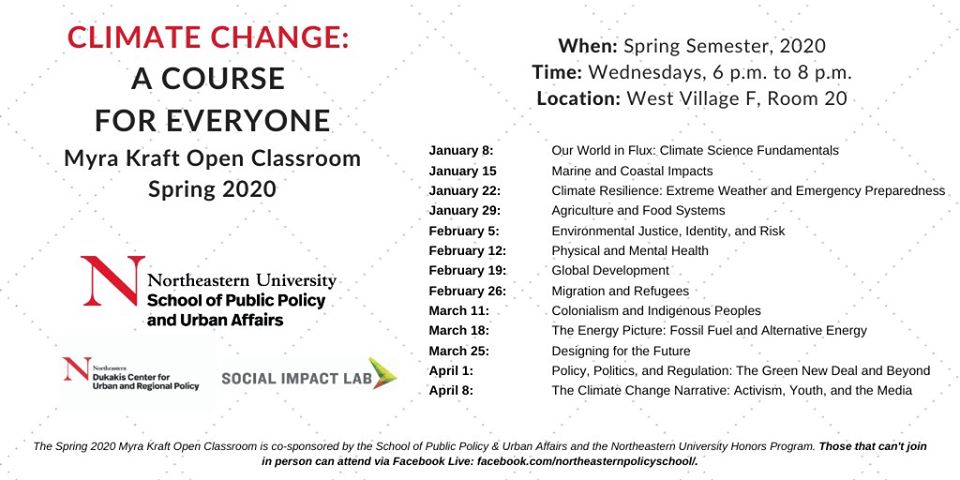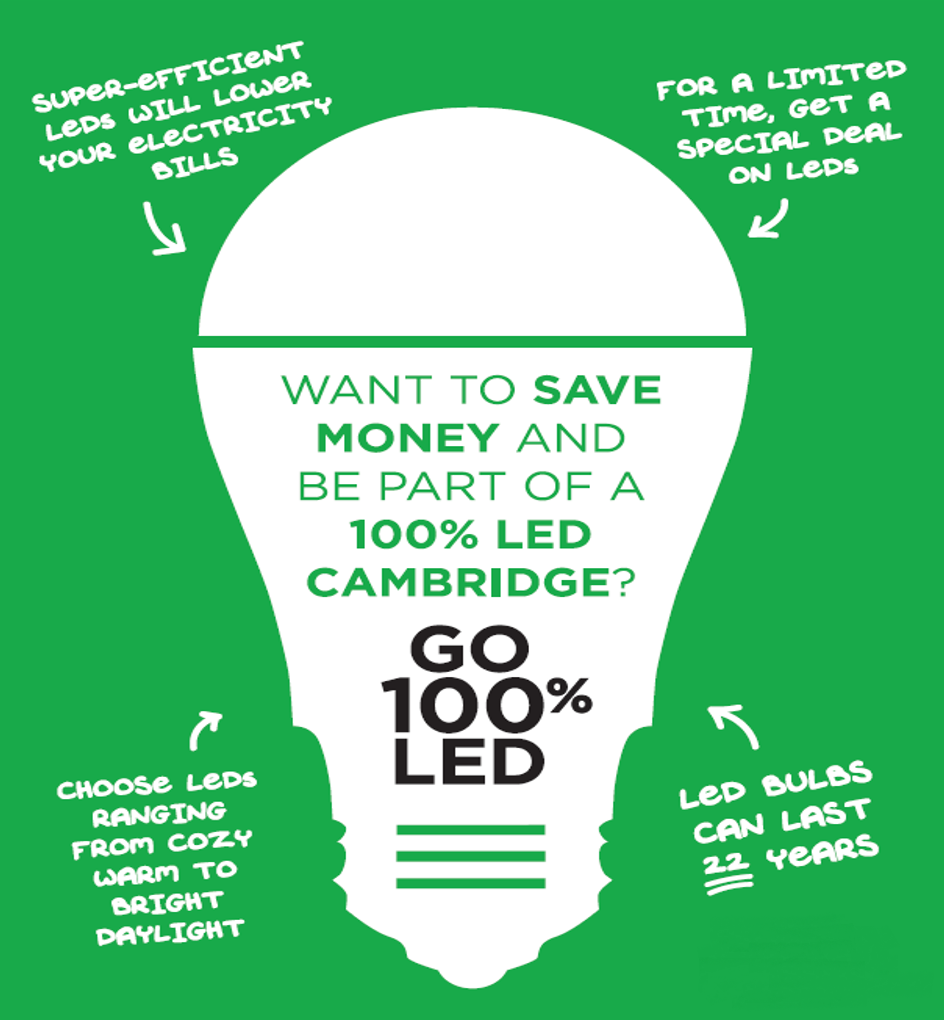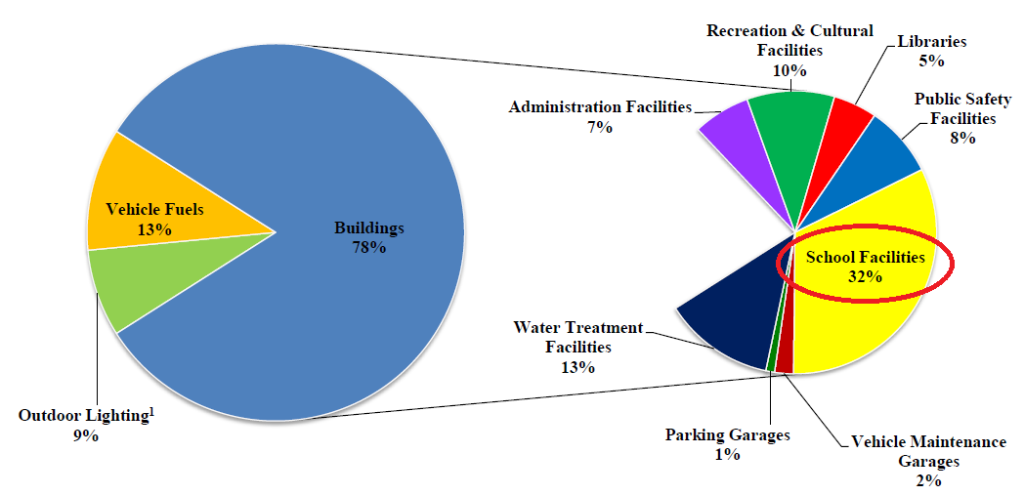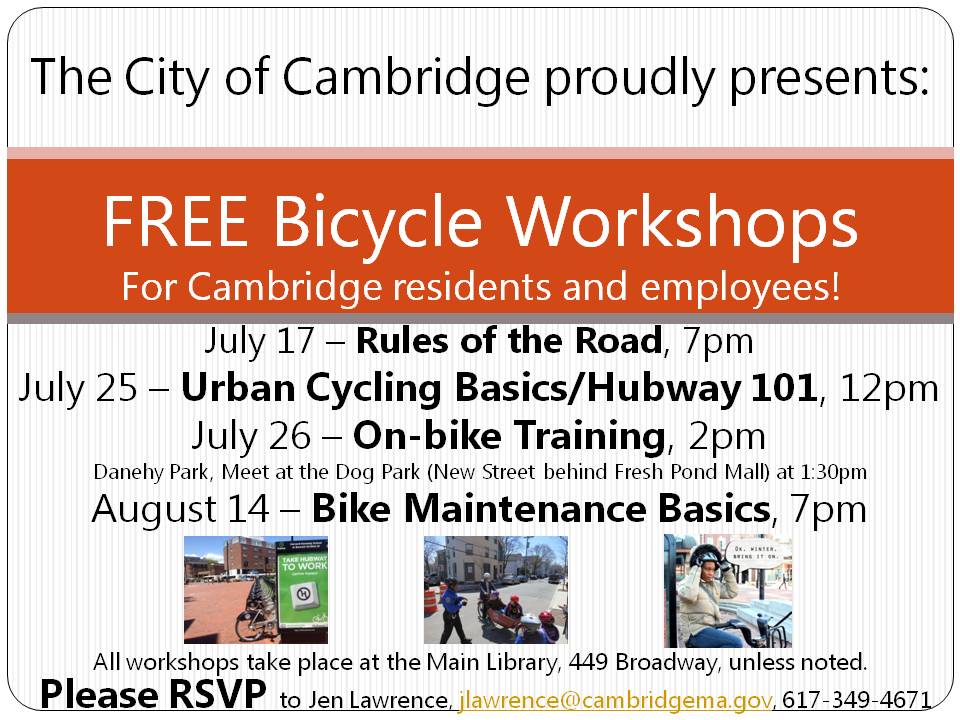During the summer of 2014 several high school students interned at the Cambridge Energy Alliance helping with canvassing and outreach across Cambridge. The interns also wrote a few blogs on topics they were interested in related to energy efficiency and solar power. The following is one of their blogs.
Think about this: as of now, Germany is the world leader in solar energy. It uses more solar power than any other country in the world. Now think about this: Germany is equal to Alaska in solar resources. If Germany is a good place for solar paneling, then Cambridge must be too! But can cold climate places really sustain solar paneling?
What most people don’t know is that solar panels run off of light, not heat. Many panels have the ability to track the sun’s movement and even rotate during the day. As a matter of fact, solar panels perform better in very cold weather than they do in very hot weather for two reasons: first, solar panels sometimes malfunction when they get too hot themselves; second, as temperatures go down, the system’s voltage increases. Furthermore, by combining this higher voltage with a current identical to a warm weather current, a higher wattage is produced. Therefore, more power is created.
Unfortunately, cold weather tends to come with clouds, rain, and snow. These forms of precipitation do have an effect on a solar panel system because they affect how much the panels are exposed to sunlight. However, it must be noted that estimates for the expected production of energy over the course of a solar system’s lifetime take into account the days with lower output due to weather obstacles such as snow and clouds.
On a cloudy day, not as much light can reach the panels. The amount of energy produced when there is cloud cover depends on the density of the clouds, but is usually about 10-25% of the system’s rated capacity. However, panels produce the most energy at the moment when the sun peeks across the edge of a cloud. When this happens, panels actually produce in excess of their rated capacity.
Usually clouds come with rain, and although there isn’t much daylight, rain can actually help solar paneling systems. Rain helps to keep up the maintenance of solar panels by washing away dust and dirt. Also, when the sun comes out, it reflects off of surrounding rainwater and onto the panels, increasing the amount of light being absorbed.
The biggest weather issue that solar panels seem to face is snow. When covered with snow, panels are no longer subject to sunlight, and they are not able to produce power. Nonetheless, it’s easy to resume their operation immediately by just brushing off the snow. By removing as much snow as possible, more of the dark-colored panel will be exposed to the sun, allowing a current to flow which will heat up all the panels and melt the remaining snow. It’s also common in snowy climates to install solar at a steep angle. This way, snow will slide off faster, allowing sunlight to reflect off of nearby snow and onto the panels. Imagine this working in the same way that a skier can be burned on a sunny winter day: Just like the sun reflects off of the snow and onto the skier’s skin, it will reflect off the snow and onto the panels, increasing power generation.

Now, how about our hometown? This past winter, Cambridge’s lowest temperatures averaged at about 1°F (-17°C) and the city saw approximately 40 days of snow. Therefore, for 89% of the year, roofs in Cambridge were exposed to sunlight and saw great potential for solar paneling. Just like Germany, the cold winters of Cambridge can give way to solar paneling for houses all around.
Bibliography:
“Ask a Builder: How Well Do Solar Panels Work in the Winter?” Fairbanks Daily News-Miner. N.p., n.d. Web. 31 July 2014.
“Extreme Winter Weather Affecting Some Solar Panels’ Energy Output, Maintenance, Officials Said.” NJ.com. N.p., n.d. Web. 31 July 2014.
“Solar Panel Effectiveness & Production in the Winter.” Winter Solar Panel Effectiveness & Production. N.p., n.d. Web. 31 July 2014.
“Frequently Asked Questions about Solar Panels.” Frequently Asked Questions about Solar Panels. N.p., n.d. Web. 31 July 2014.
“Winter, Snow, and Solar Panels: A Mixed Forecast – CNET.” CNET. N.p., n.d. Web. 31 July 2014.
“2014 Winter Blasts Affecting Energy Output and Maintenance of Solar Panels — Environmental Protection.” 2014 Winter Blasts Affecting Energy Output and Maintenance of Solar Panels — Environmental Protection. N.p., n.d. Web. 31 July 2014
“Are Solar Panels Usable in Snowy Climates?” AccuWeather. N.p., n.d. Web. 31 July 2014.
“Solar Energy in Rainy Weather | Sunbridge Solar.” Sunbridge Solar. N.p., n.d. Web. 31 July 2014 “SEIA.” Solar FAQ. N.p., n.d. Web. 31 July 2014.
“Germany the World’s Leading Light in Solar Capacity.” Www.edmontonjournal.com. N.p., n.d. Web. 31 July 2014.













